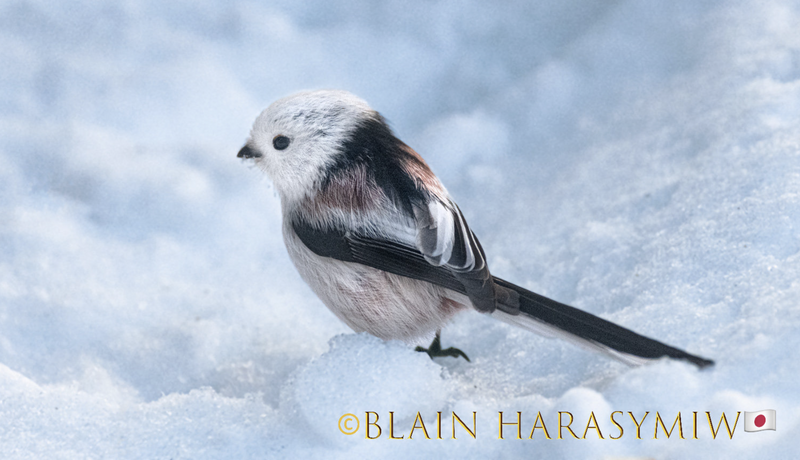Nov 2, 2022
Gallery - Shima Enaga A Stand-Alone Hokkaido Avian Species

Tens of thousands of visitors annually visit Hokkaido to witness the aerial warfare of the Steller’s Sea Eagles and White-tailed Eagles on the pack ice during a Shiretoko nature cruise. The smaller wildlife somehow gets missed, which is not completely surprising since the smaller wildlife species are more difficult to spot and there is so much wildlife in Hokkaido to enjoy. The smaller elements require a certain photographic precision, and capturing the those elements elevates any excursion to Hokkaido to a sublime level. The Shima Enaga (Parus caudatus) is one of those astonishing, one-of-a-kind additions. I adore photographing them every time I’m in Hokkaido. The Steller’s Sea Eagle, White-tailed Eagle, Glaucous Gull, Blakiston’s Fish Owl, Whooper Swan, and Hokkaido’s snow ballerina, the Red-crowned crane are all breathtaking avian wildlife, but when I feel like challenging myself or my friends don’t mind quietly waiting for bird photo ops with me, we wait and seek out the Shima Enaga. Their call while in flocks is constant and high pitched, and most often, you will hear them before you see them; their call is a ‘juri juri’ and at times a ‘tsee-tsee-tsee.’ Outside of the breeding season, they live in flocks of 10 - 20 birds, mainly parents, and offspring make up the flock, together with any adult birds that help raise the brood. These flocks are highly territorial and will protect their territory against neighboring flocks. The Shima Enaga occurs mainly in Hokkaido, Japan, but they inhabit the entire Palearctic realm. Many people mistakenly believe that all birds migrate, but I can assure you this is false, and the adorable Shima Enaga is a year-round Hokkaido resident. Subspecies of the Shima Enaga found outside of Hokkaido have what is commonly referred to as ‘eyebrows’, little dark brown or black stripes on their stark white faces. The Hokkaido Shima Enaga also has these eyebrows as juvenile birds, but as they reach adulthood, the eyebrows give way to an entirely white, elegant visage. As mentioned beforehand, their entire body length is between 12 - 16 cm (4.7 - 6.3 inches), and one 1/2 of that measure is their long tail, so spotting them in the wild in pure white powder snow is even more formidable, but when I do set eyes on them, everything seems right with the world.
